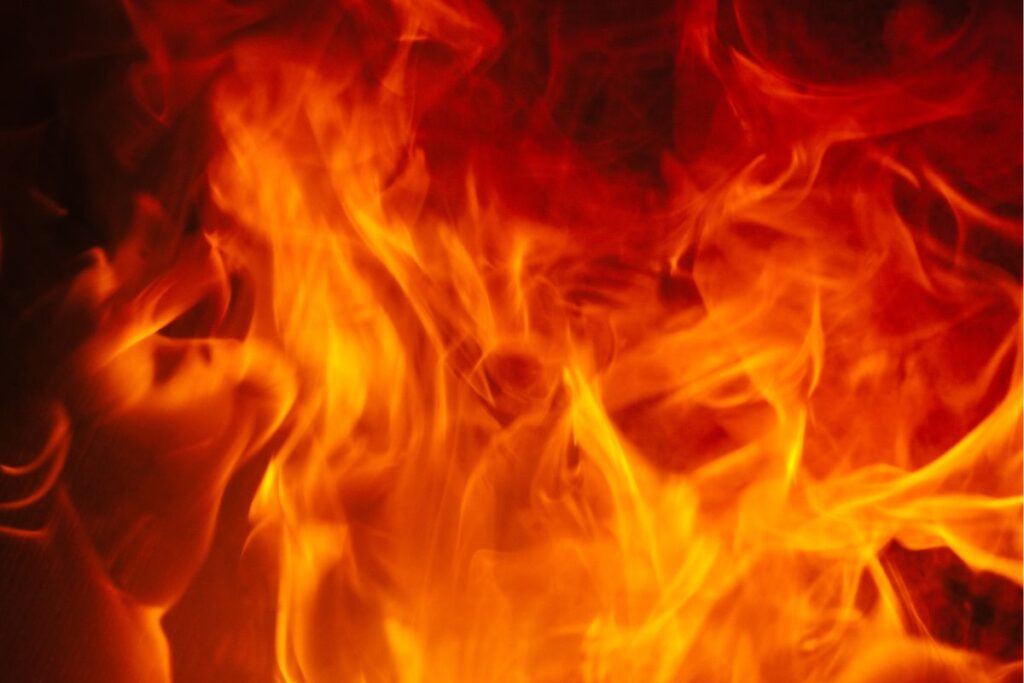In recent years, the state of Georgia has experienced a significant increase in wildfires. This upsurge has led to an urgent need for public awareness on fire safety policies, such as fire bans or restrictions. In this article, we will explore the different aspects of existing fire bans in Georgia, how they impact residents and visitors, and ways to stay updated about relevant changes.
What is a Fire Ban?
A fire ban refers to temporary prohibitions or restrictions imposed by local authorities to prevent and reduce the risk of wildfires. These are typically initiated during periods of extreme fire hazard conditions like droughts, strong winds, high temperatures, or prolonged dry weather spells. Fire bans may be implemented at the county, city, or regional level depending on the situation and could last for several days, weeks, or even months.
Types of Fire Bans
There are generally three types of fire bans utilized to address specific concerns:
- Outdoor Burning Ban: Prohibits any outdoor burning activities, including campfires, bonfires, burn barrels and burning yard debris. The use of fireworks and tracer rounds might also be restricted under this ban.
- Agricultural Burn Ban: Mainly targets agricultural sectors to restrict activities that involve burning tires, shingles, plastics, lumber, or garbage. Violation of this ban could lead to hefty fines and penalties.
- Temporary Bans: Issued on short notice due to sudden changes in weather patterns or local/national events. They usually last for a short amount of time and are announced via official channels like radio broadcasts and social media posts.
The Current Situation in Georgia
As of the writing of this article, there is no statewide fire ban in effect for Georgia. However, localized bans or restrictions may be present depending on county regulations and conditions at any given time. It’s always crucial to stay updated with fire safety advisories from local authorities.
How to Stay Informed About Fire Bans
When it comes to staying informed about potential fire bans in Georgia, you have several options:
- Check for Fire Restriction Updates Online: The Georgia Forestry Commission (GFC) regularly posts updates regarding state burn bans and ongoing wildfire incidents on their website and social media channels.
- Contact Local Authorities: Most local governments have designated personnel or offices that can provide information about localized fire bans and restrictions. A quick call or visit to the relevant office should provide you with all the details you need.
- SIGN System: Georgia residents can sign up for the State Implementation Notification System (SIGN) that sends out alerts and notifications related to outdoor burning through text messages, e-mails, or phone calls.
Why Fire Bans Are Important
Fire bans play a vital role in ensuring public safety and preserving our natural resources. With climate change contributing to more severe droughts and longer dry spells, wildfires are becoming an increasing concern in Georgia and neighboring states.
Risks Associated with Wildfires
Wildfires pose significant threats to life, property, and the environment. Here are some consequences of wildfires which underline why fire bans are necessary:
- Property Damage: Wildfires often lead to extensive destruction as structures like homes, businesses, and infrastructure are engulfed in flames.
- Air Quality: Smoke from a wildfire contains numerous toxic particles that can deteriorate air quality, posing health risks for humans and animals, especially those with respiratory issues. The pollution also affects visibility on roads, increasing the likelihood of accidents.
- Ecosystem Disruption: Wildfires can severely disrupt ecosystems by destroying flora, fauna, and essential habitats. The loss of vegetation leads to soil erosion and consequently poor water quality in lakes, streams, and rivers.
Adhering to Fire Bans and Best Practices
As responsible residents or visitors, it’s crucial to fully adhere to fire bans and implement best practices for fire safety. Some simple yet effective actions include:
- Ensuring proper disposal of flammable materials like cigarettes, matches, or propane cylinders.
- Using alternative cooking or heating methods that do not require an open flame during fire ban periods.
- Prioritizing the creation of defensible space around your property to minimize the risk of wildfires spreading towards structures.
- Investing in fire-resistant construction materials and landscaping to enhance the resilience of your property against wildfires.
In conclusion, understanding and adhering to fire bans is an essential component of fire safety in Georgia. By keeping ourselves informed about these restrictions and taking necessary precautions, we can help minimize wildfire threats and safeguard our communities and environment.

